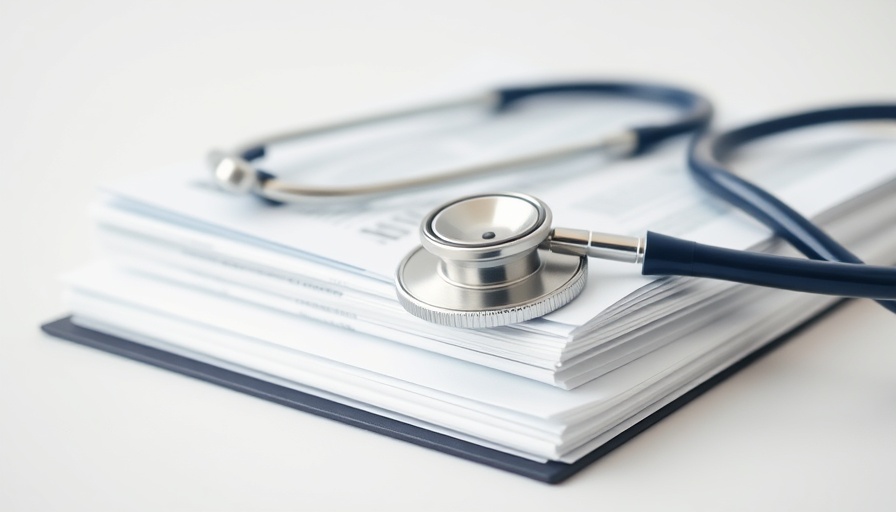
Understanding the Importance of Accurate Health Information
Every transition, especially a move to a new area, can bring forth unforeseen challenges. For older adults, establishing a relationship with a new healthcare provider is often one of the most daunting. This process is not just about choosing a new doctor; it’s about ensuring that quality care is received through effective communication and comprehensive health information. Forgetting pertinent medical details can impede this crucial initial interaction, underscoring the importance of preparation.
What to Bring: Essential Medical Information
Before heading to your first appointment, collecting the following types of medical information can dramatically enhance the quality of care:
- List of Chronic Health Conditions: Document any long-term health issues, including onset dates and key milestones. This foundational knowledge facilitates an informed discussion with your new physician.
- Current Medication List: A comprehensive list that includes dosages and frequencies provides insight into ongoing treatment plans and potential medication interactions.
- Allergies: Personal health experiences can significantly alter treatment. Be sure to highlight any adverse reactions to medications or other substances.
- Recent Diagnostic Tests: Copies of test results or imaging studies ensure that your new physician has immediate access to relevant insights about your health.
- Your Health Maintenance Schedule: Share details on vaccinations and health screenings to establish continuity in care protocols.
- Family Health History: Besides personal health issues, patterns within the family should be presented since they can shed light on inherited risks.
- Healthcare Providers List: Names and contact information for previous specialists help the new doctor coordinate and streamline care.
- Personal Health Goals and Preferences: Discuss what you value regarding your health. This includes your approach to prescriptions, lifestyle choices, and treatment options.
- Previous Medical Records: While it may take time for your new doctor to obtain these details, having them handy can provide immediate insights and foster effective initial dialogue.
- A Personal Health Record: If maintained, this comprehensive document serves as a great tool to summarize all health-related information in one place.
Bridging the Gap: The First Appointment
For many, the first meeting with a new primary care provider can feel daunting. Similar to stepping into a new job with which you are unfamiliar, the lack of information can lead to uncertainty. However, arming yourself with prepared medical information can smooth this transition. Not only does it enhance the efficacy of the consultation, but it also cultivates trust and transparency between you and your healthcare team.
Looking Ahead: How Technology Can Help
The growing trend towards digitized health records provides an excellent opportunity to maintain an up-to-date personal health record. Many older adults might benefit from various health management apps or online portals that foster organization and ease of access to health information. Keeping these resources in mind not only makes transitions smoother but empowers patients to engage more actively in their care.
Empathy in Action: Preparing for Their Journey
If you are assisting an aging parent or loved one during this process, it pays to explore their health history together. It invites open discussions regarding their preferences and health priorities while providing them a platform to voice their concerns. This collaborative approach can ease anxiety about new medical appointments while building a stronger support system.
Call to Action: Take Charge of Your Health Journey
Preparation is key when transitioning to a new healthcare provider later in life. Gathering and organizing the necessary medical information not only improves the initial doctor visit but also sets the stage for ongoing proactive health management. Remember, it’s never too late to take charge of your health journey!
 Add Row
Add Row  Add
Add 




Write A Comment